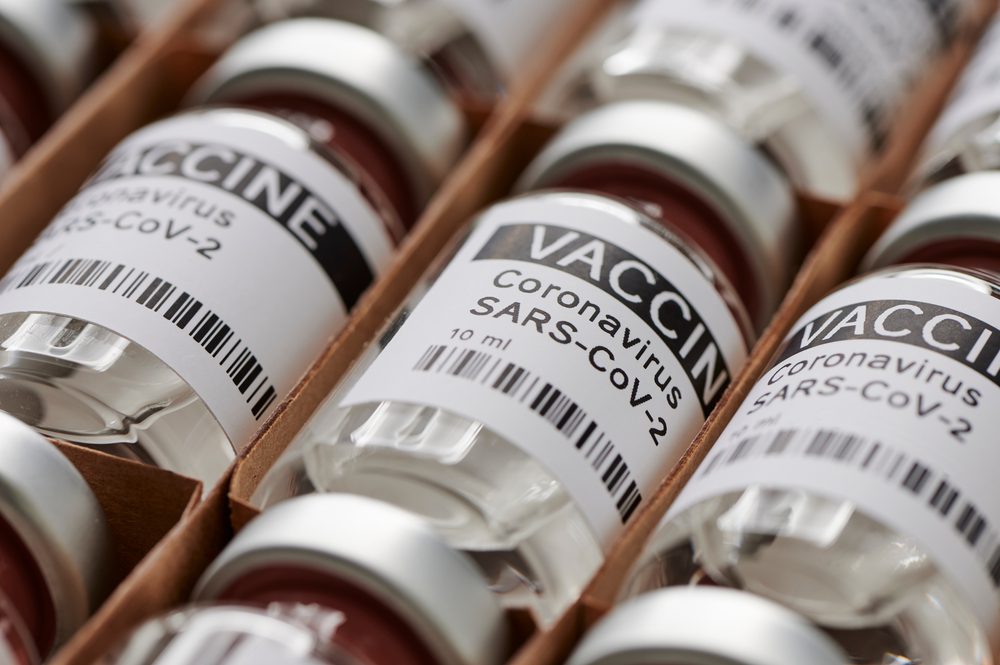
The unnecessarily massive quantities of COVID-19 vaccines procured by the European Commission, headed by Ursula von der Leyen, during the pandemic, have come under intense scrutiny from some EU member states, with some central and eastern European countries demanding that contracts with the pharmaceutical giants be changed.
European Commission President Ursula von der Leyen, who is under investigation and facing numerous lawsuits for having secured COVID-19 vaccine contracts via secret text messages with Pfizer CEO Albert Bourla, ordered 4.2 billion vaccine doses from the various pharmaceutical companies, enough to have every citizen in the 27-member bloc vaccinated nine times against the coronavirus, Die Welt reports.
The excess of vaccines procured and the exorbitant amount of money involved in the deal have many officials across the Union asking questions, with some, like Croatian MEP Mislav Kolakušić, going so far as to call the EU Commission’s move “the biggest corruption scandal in human history.”
Presently, negotiations between the Commission and Pfizer are underway to determine whether, under the contract’s terms, vaccine doses that have been ordered but are no longer needed should be paid for.
Hungary, Poland, Lithuania, and Bulgaria are especially opposed to Brussels’ existing contracts with the pharmaceutical giants and are pressing hard for their revision. In a joint statement, the group of central and eastern European countries wrote: “We do not agree to deliveries that go beyond the needs of the member states, especially as long as there is no clarification on the further use of vaccination boosters.”
The group has proposed that the EU Commission, the entity which purchased the 4.2 billion vaccine doses, ought to buy the excess doses back from the individual member states and donate them to countries that are in need.
In March, Bulgaria’s Minister of Health Asen Medjidiev called on the European Health Commission to terminate the contract with Pfizer-BioNTech.
In a statement, Medjidiev said:
Bulgaria categorically takes a position to terminate the contract with ‘Pfizer-Bayontech’ for the supply of vaccines. The other option is to respect the wishes of the member states for necessary quantities to be specifically requested by a certain country, for the quantities that they need, for a specific period and the payment should be made after the request has been made.
Bulgaria does not need more vaccines, and forcing countries to purchase huge quantities, which they then destroy, is extremely irresponsible and does not reflect the image of Bulgaria, the European Commission, or the European Union.
Meanwhile, investigations into and lawsuits against European Commission chief Ursula von der Leyen and the European Union are ongoing.
The Corporate Europe Observatory, a watchdog group that scrutinizes the relationships between European politicians and business lobbies, has sharply criticized von der Leyen’s refusal to disclose the text messages between herself and the Pfizer CEO to the public, saying that in 25 years, the European Commission has “never reached such a level of opacity as we are currently seeing with the pharmaceutical companies.”
